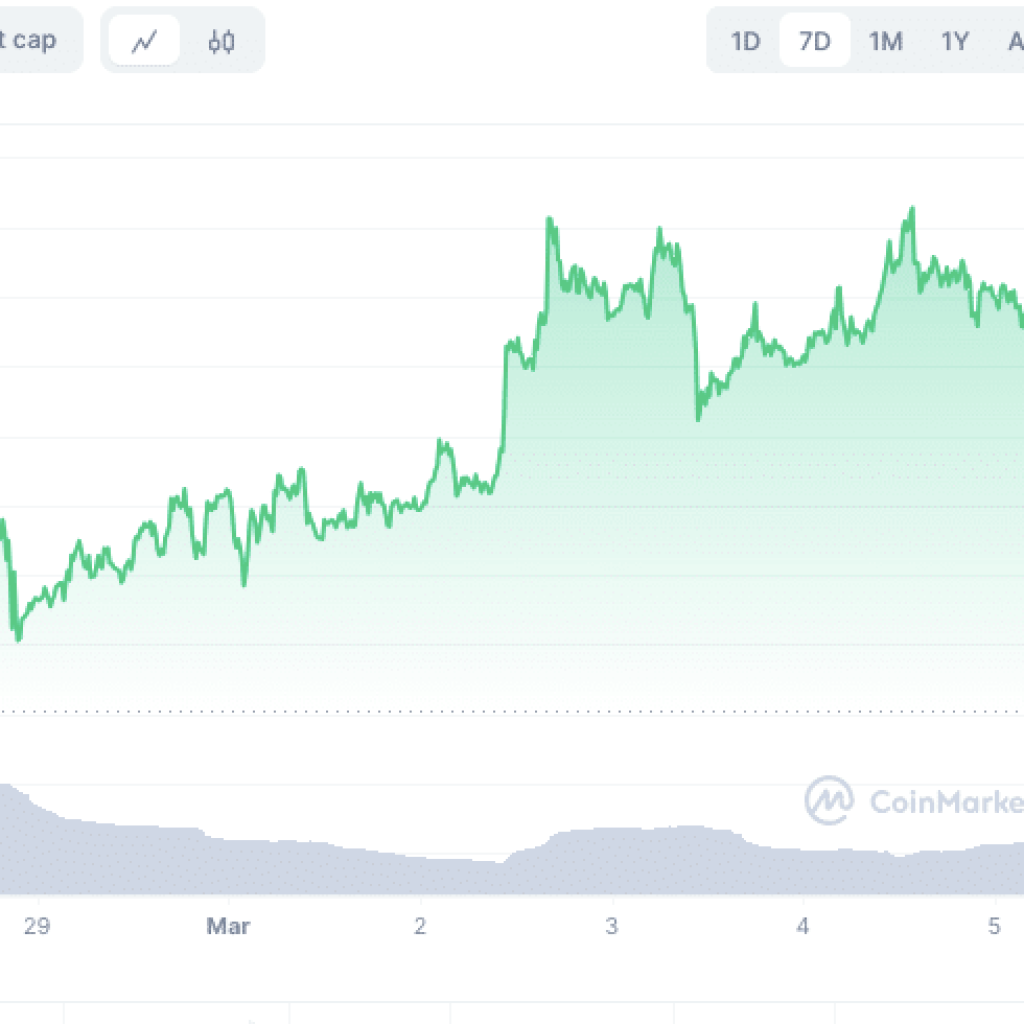In a recent statement posted on social media platform X, Brian Armstrong, the CEO of Coinbase, a leading cryptocurrency exchange, expressed his firm stance against the regulation of artificial intelligence (AI). Armstrong’s position is based on the belief that AI should remain unregulated to foster rapid development for the sake of national security and innovation. He argues that well-intentioned regulation can lead to unintended consequences that stifle progress.
In a statement made on September 23, Brian Armstrong, the CEO of Coinbase, voiced his opinion on the regulation of artificial intelligence. Armstrong contends that AI should remain free from government oversight and regulation to allow for swift advancements, especially for the sake of national security and fostering innovation.
Armstrong points to the example of the internet and software, which he describes as experiencing a “golden age of innovation” due to their initial lack of regulation. He suggests that the same principle should apply to AI technology, emphasizing the need for an open and unregulated environment to spur creativity and progress.
Decentralization and open source as an alternative to regulation- Coinbase CEO
Rather than imposing regulatory frameworks on AI, Armstrong proposes a different approach. He suggests decentralizing AI technology and making it open source, effectively “letting the cat out of the bag.” This approach would allow AI to develop organically, driven by a global community of developers and researchers.
Armstrong’s viewpoint aligns with the belief that decentralized and open-source development can provide the necessary checks and balances without stifling innovation through excessive regulation. It would create a collaborative and transparent environment for AI advancement.
Coinbase CEO’s statement comes at a time when various jurisdictions worldwide are grappling with the regulation of AI. Notably, China implemented its provisional AI activity and administration guidelines on August 15, marking a significant step in regulating AI technology. These regulations were developed through collaboration between six government agencies and represent China’s first comprehensive attempt to address AI’s growth.
In the United Kingdom, the Competition and Markets Authority recently concluded an investigation into the potential impact of AI on competition and consumers. The agency’s report, released on September 18, acknowledges AI’s transformative potential in people’s work and lives. However, it raises concerns about the speed of these changes and their potential to disrupt competition significantly.
While Coinbase CEO’s stance on AI regulation leans toward minimal intervention, his perspective reflects broader debates within the tech industry and among policymakers. Proponents of limited regulation argue that excessive oversight could stifle innovation and hinder technological progress. They emphasize the importance of fostering a dynamic and open environment for AI development.
On the other hand, those advocating for stricter regulation often cite concerns related to ethics, privacy, and potential misuse of AI technologies. They argue that responsible oversight is necessary to address these issues and protect society from potential harm.





